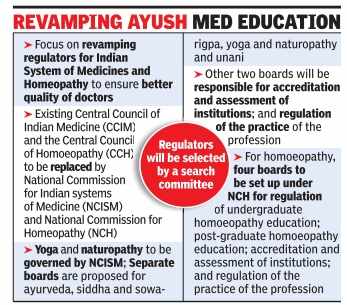The National Pharmaceutical Pricing Authority (NPPA) has asked companies to submit the required documents to avail the annual price hike based on wholesale price index (WPI).
New Delhi: Prices of all essential medicines are likely to go up by nearly 2% from April 1. The National Pharmaceutical Pricing Authority (NPPA) has asked companies to submit the required documents to avail the annual price hike based on wholesale price index (WPI).
Under the Drugs Price Control Order, the regulator revises prices of all essential medicines annually based on the changes in WPI.
"As confirmed by the Economic Adviser (Ministry of Commerce & Industry), the annual change in the wholesale price index (WPI) works out as 1.97186% during the calendar year 2016 over the corresponding period in 2015," the pricing authority said in an office memorandum issued on Wednesday.
The government directly regulates prices of medicines that are part of the National List of essential medicines by capping their ceiling prices at the simple average of all drugs in a particular segment with market share of at least 1%. This includes over 875 drugs ranging from cancer drugs to anti-retrovirals to those used in treatment of diabetes, hypertension, hepatitis, kidney disorders etc. The list also includes antibiotics, analgesics, stents and condoms.
For all other medicines outside NLEM, companies are allowed to hike prices by up to 10% in a year.
At present, around 30% of the Rs 1 lakh crore pharmaceutical market is under direct price control.
While consumers may witness a slight hike in their medicine bills from next month, it is likely to bring some relief to pharmaceutical companies which have been reeling under pricing pressure since last two years. For instance, prices of cancer drugs India have come down by 13-86% in last one year, according to NPPA. It has also drastically cut prices of diabetes medicines.
SOURCE :http://health.economictimes.indiatimes.com/news/pharma/prices-of-essential-drugs-to-go-up-by-2-from-april-1/57784188
Thank you for visiting my blog , Visit again for latest pharma
updates



